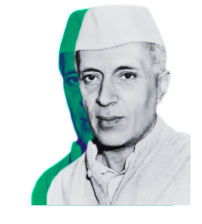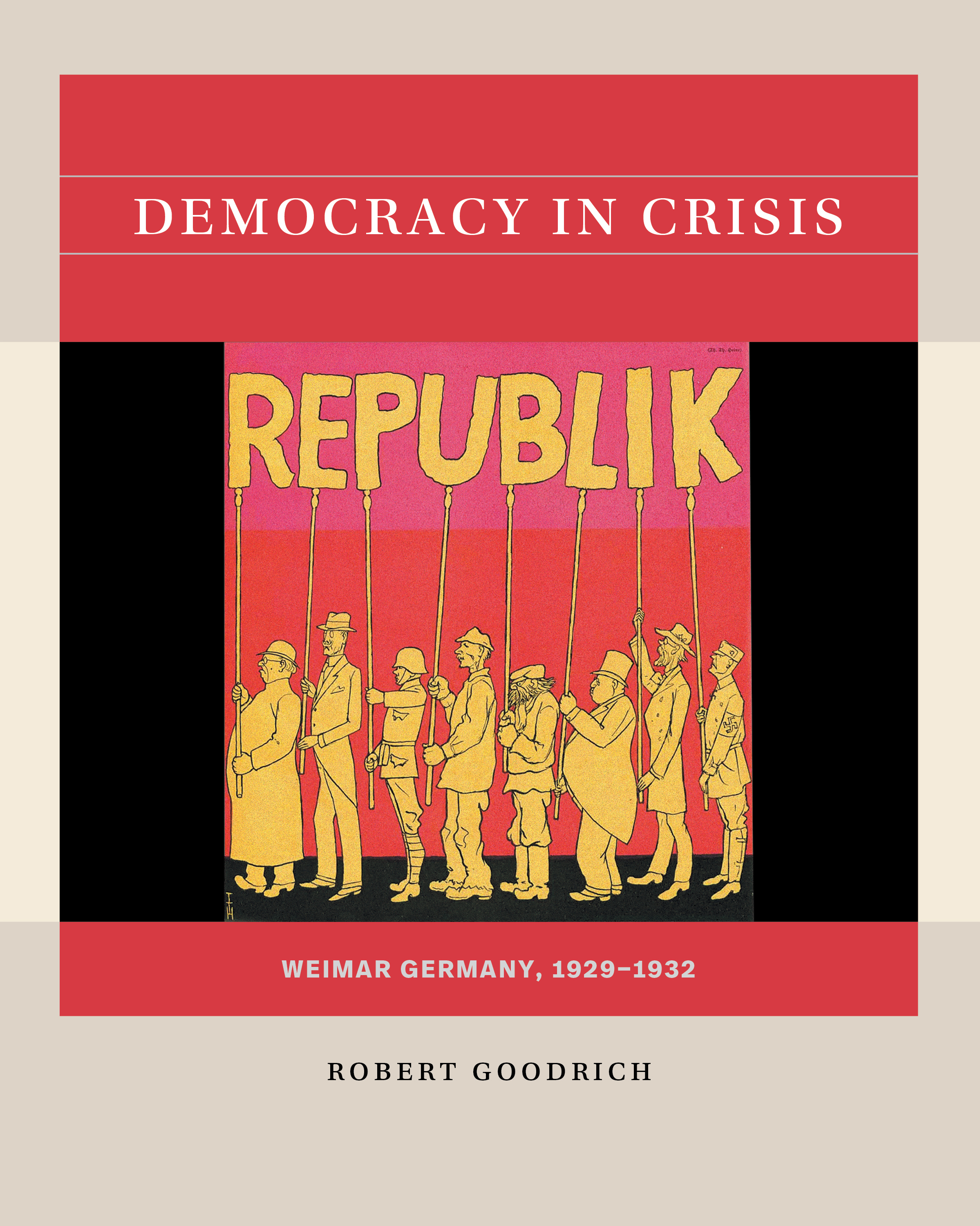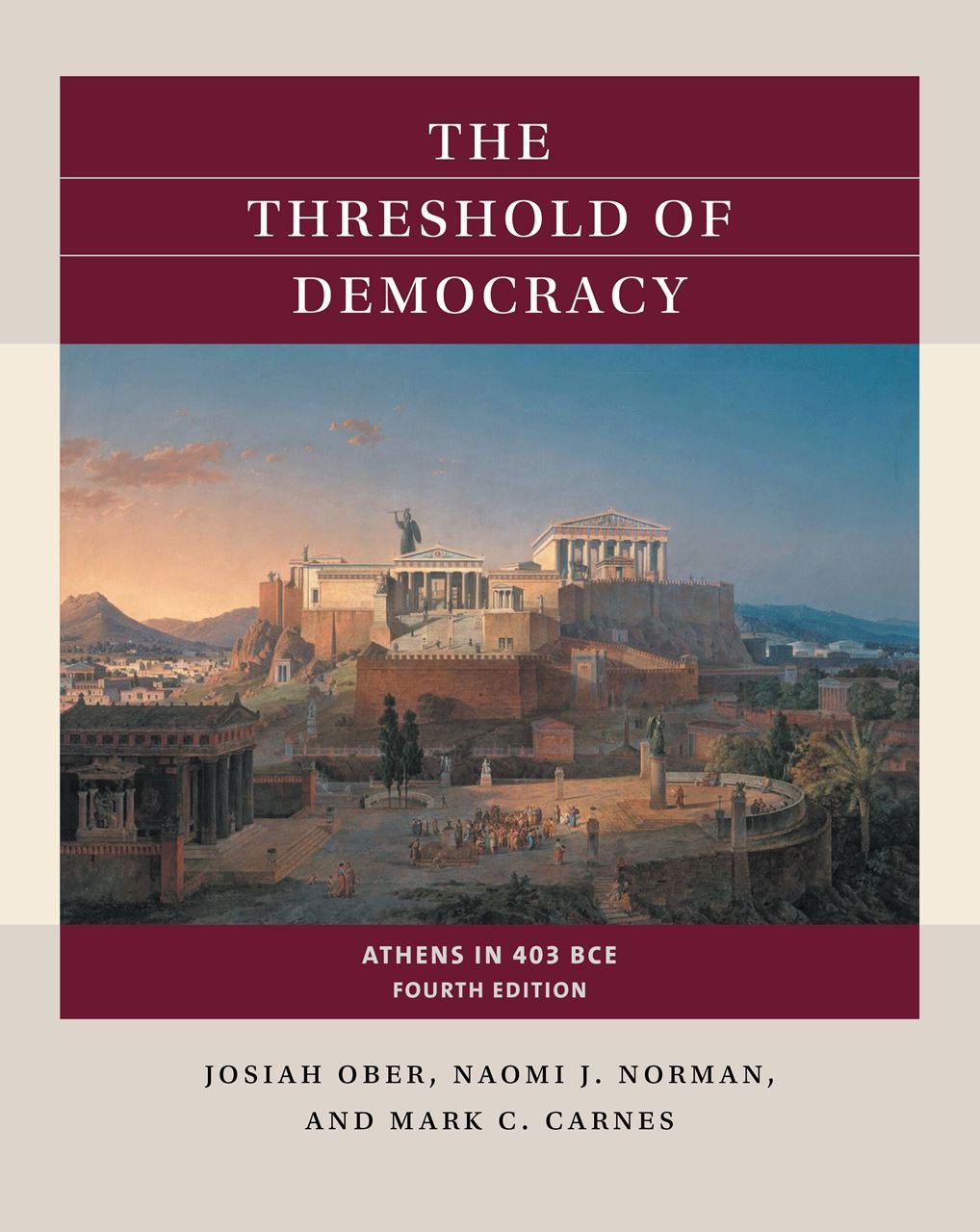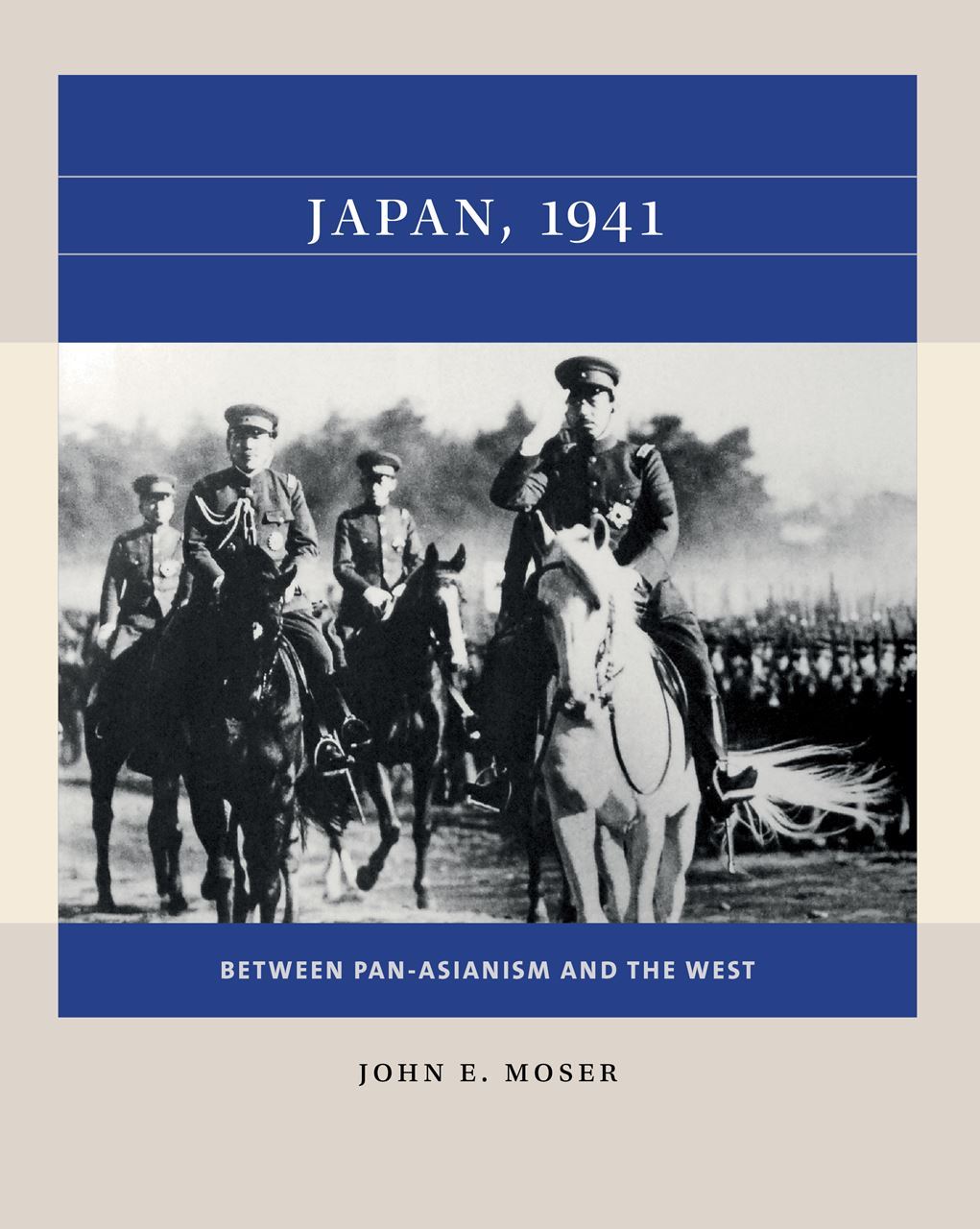 |
Deciding the fate of the diverse peoples of the Indian subcontinent Defining a Nation: India on the Eve of Independence, 1945 is set at Simla, in the foothills of the Himalayas, where the British viceroy has invited leaders of various religious and political constituencies to work out the future of Britain’s largest colony. Will the British transfer power to the Indian National Congress, which claims to speak for all Indians? Or will the British create a separate Muslim state—Pakistan—as the Muslim League proposes? And what will happen to the vulnerable minorities—such as the Sikhs and untouchables—or to the hundreds of small states ruled by hereditary monarchs? As British authority wanes, smoldering tensions among Hindus, Muslims, Sikhs, Communists and others increasingly flare into violent riots that threaten to engulf all India. Towering above it all is the frail but formidable figure of Gandhi, whom some revere as an apostle of non-violence and others regard as a conniving Hindu politician. Students struggle to reconcile religious identity with nation building—perhaps the most intractable issue of the modern world. Texts include the literature of Hindu revival (Tilak and Sarvarkar); the Qur’an and the literature of Islamic nationalism (Iqbal); and the writings of Gandhi, Ambedkar, Nehru, Jinnah, and Marx—among others. |
Details
|
|
Using the Game
Class Size and Scalability Class Time
Traditional Paper/Research/Thesis-driven writing; Journalism; Criticism; Creative Writing; Formal Speeches |
 GAME MATERIALS
GAME MATERIALS
Confirmed instructors who are not yet members can access basic instructor materials. Reacting Consortium members can access all downloadable materials (including expanded and updated materials) below. You will be asked to sign in before downloading.
Gamebook Students need a Gamebook, which includes directions, resources, and historical content. The India Gamebook is published by UNC Press. Papaerback ISBN: 978-1-4696-7079-9 Published July 2022 Available wherever books are sold. | Role Sheets and Add'l Materials Students also need a Role Sheet, which contains biographical information, role-specific resources or assignments, and their character's secret victory objectives. .zip file of .pdf files. .zip file of .pdf and .docx files. | Instructor's Manual The Instructor's Manual includes guidance for assigning roles, presenting historical context, assignments, activities and discussion topics, and more. Updated 2017 .docx file. |
Ainslie T. Embree
Ainslie T. Embree is professor of history emeritus at Columbia University and former president of the American Institute of Asian Studies and of the Association of Asian Studies. He also served as Counselor for Cultural Affairs at the American Embassy in Delhi. His books include India’s Search for National Identity, Imagining India, and Utopias in Conflict: Religion and Nationalism in India. He was also editor-in-chief of the Encyclopedia of Asian History. |
Mark C. Carnes is professor of history at Barnard College and creator of Reacting to the Past. He is the author of many books in American history and general editor of the 26-volume American National Biography, published by the ACLS and Oxford University Press. | Reacting and Related Titles
|
Members can contact game authors directly if they have questions about using the game. We also invite instructors join our Facebook Faculty Lounge, where you'll find a wonderful community eager to help and answer questions.
|
|
|






